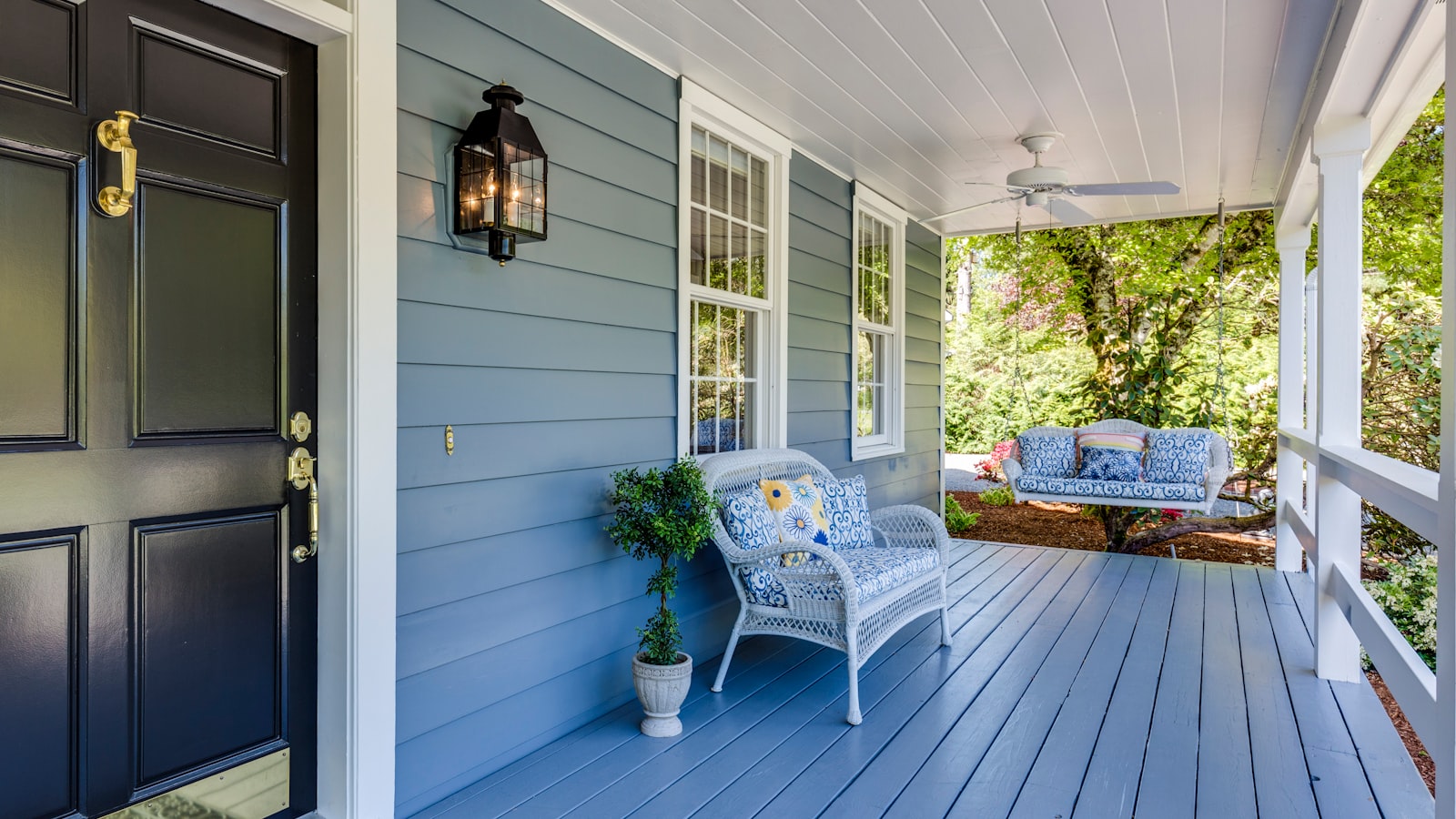Published on January 4th, 2023
What Happens to Home Prices During a Recession?
Probably not the market crash you expect
Aventine Properties | 2 min read

The real estate market is one of the hardest things to predict. Even the best economists can't be 100% sure of anything because there are too many factors that come into play. We do however know that we are in a period where money just isn’t moving at the speed it was before the pandemic. It’s safe to say that we’re in a really unique recession because even though inflation is high, economic growth is slow and the stock market isn’t doing particularly great, unemployment is low, consumer confidence is high and companies still somehow seem to be making a profit.
As for the real estate market, if we look at recessions in the past, it’s clear that a recession had a significant effect on sale prices. With interest rates being so high at the moment, homes have become more expensive for potential buyers. High interest rates have, of course, lowered the demand for homes. So, it seems there will definitely be a slowdown in the housing market, causing prices to dip down a bit—though not significantly— since they’re spending more time on the market. Now, how is it possible that the market isn’t crashing as it has in past recessions? Simple–the answer is COVID. The pandemic caused a rise in demand due in large part to new Work From Home policies and overall need for space. Urban populations flooded from cities and started looking at the suburbs for their new homes. But this increase in demand coupled with a supply shortage of homes available caused prices to skyrocket. Now that demand is back to normal, prices should follow suit.

Start Saving Money
File A Tax Grievance With Aventine Before the Deadline
Unfortunately, things will get ugly for people who bought homes last year without a fixed rate mortgage. The year started with interest rates at 3% and they are currently sitting around 7%. That’s about a $1,000 dollar difference in monthly mortgage payments. 😲 Around 10% of mortgages are adjustable-rate which isn’t as bad as the 35% in 2008 that lead to the surplus of homes and the decline of sale prices. But more likely than not, sale prices will remain steady unless a surplus of homes appears.
When sale prices start to decrease, it is the perfect time to grieve your property taxes. Property taxes should reflect the value of your home and when prices go down, but assessments don’t change, you will be paying a higher amount of taxes than you’re supposed to. Grieving your taxes as often as you can is the only way to ensure your tax bill is at the lowest amount it can be. If you believe that you are overpaying in taxes, give us a call and we can help you get started in lowering those tax bills!